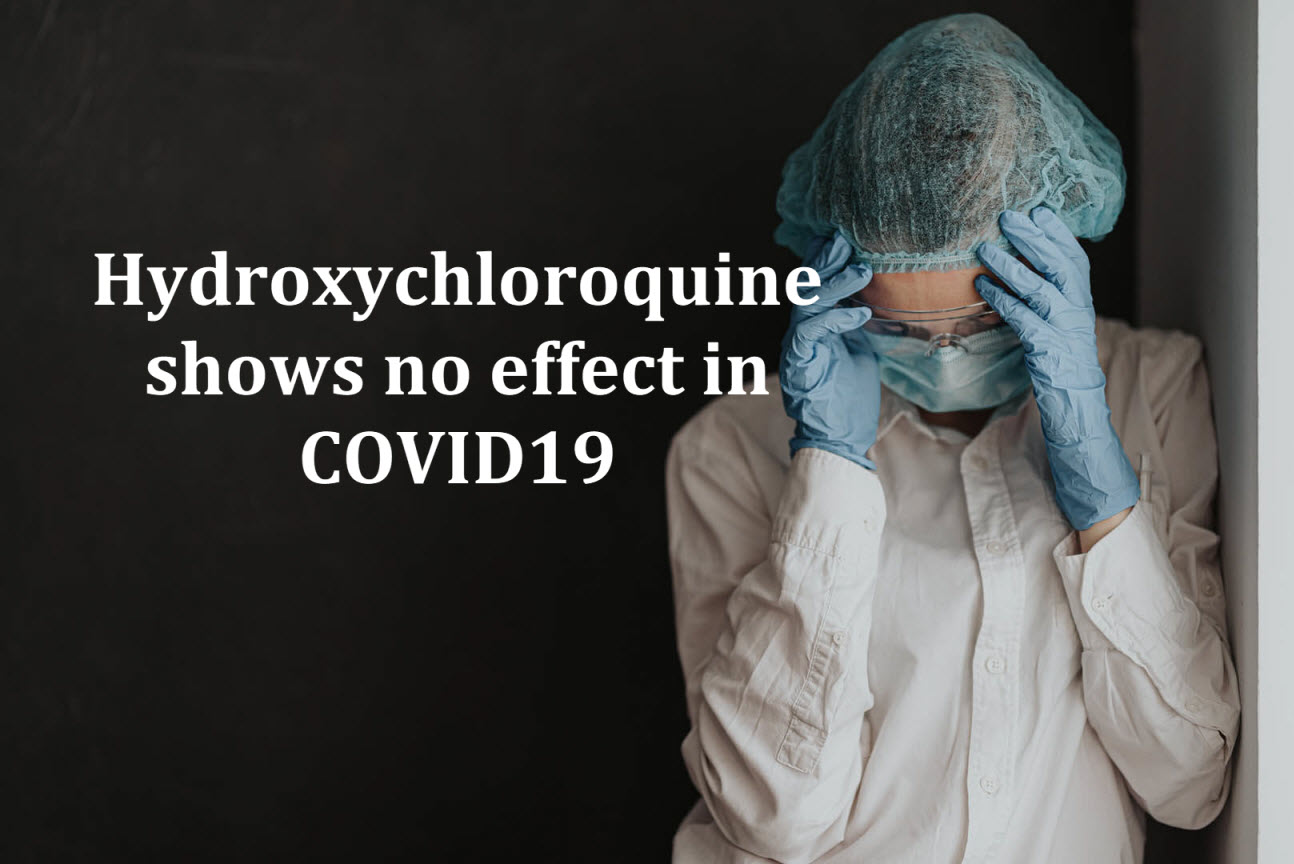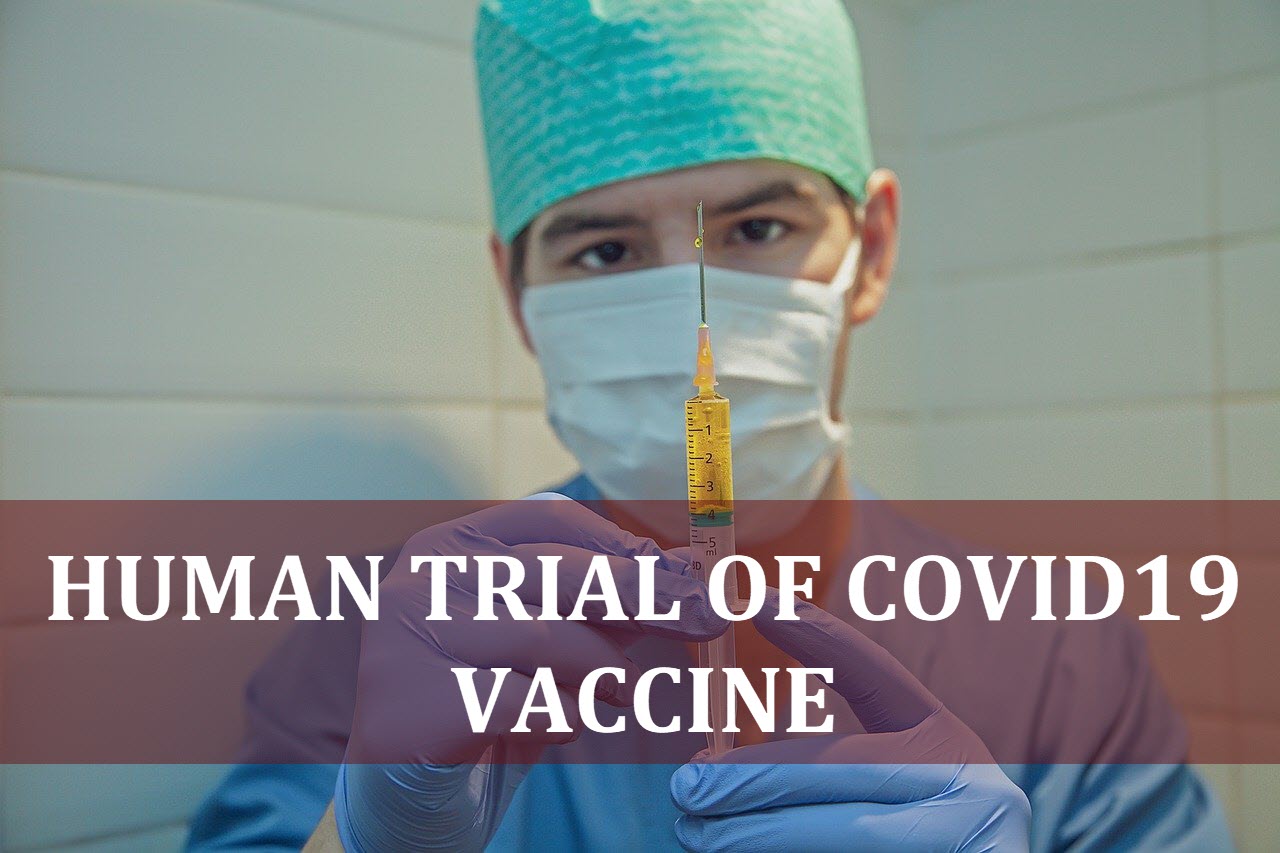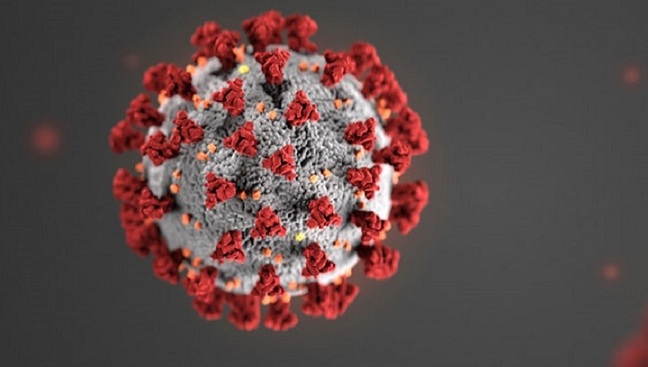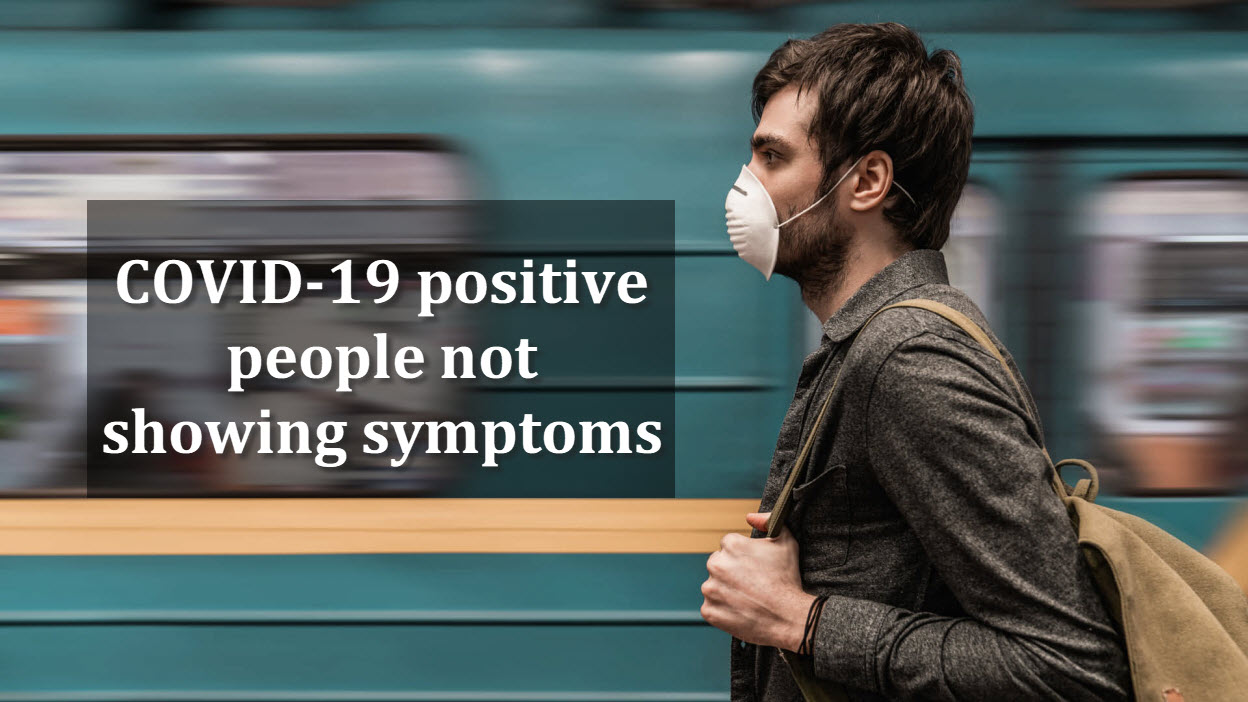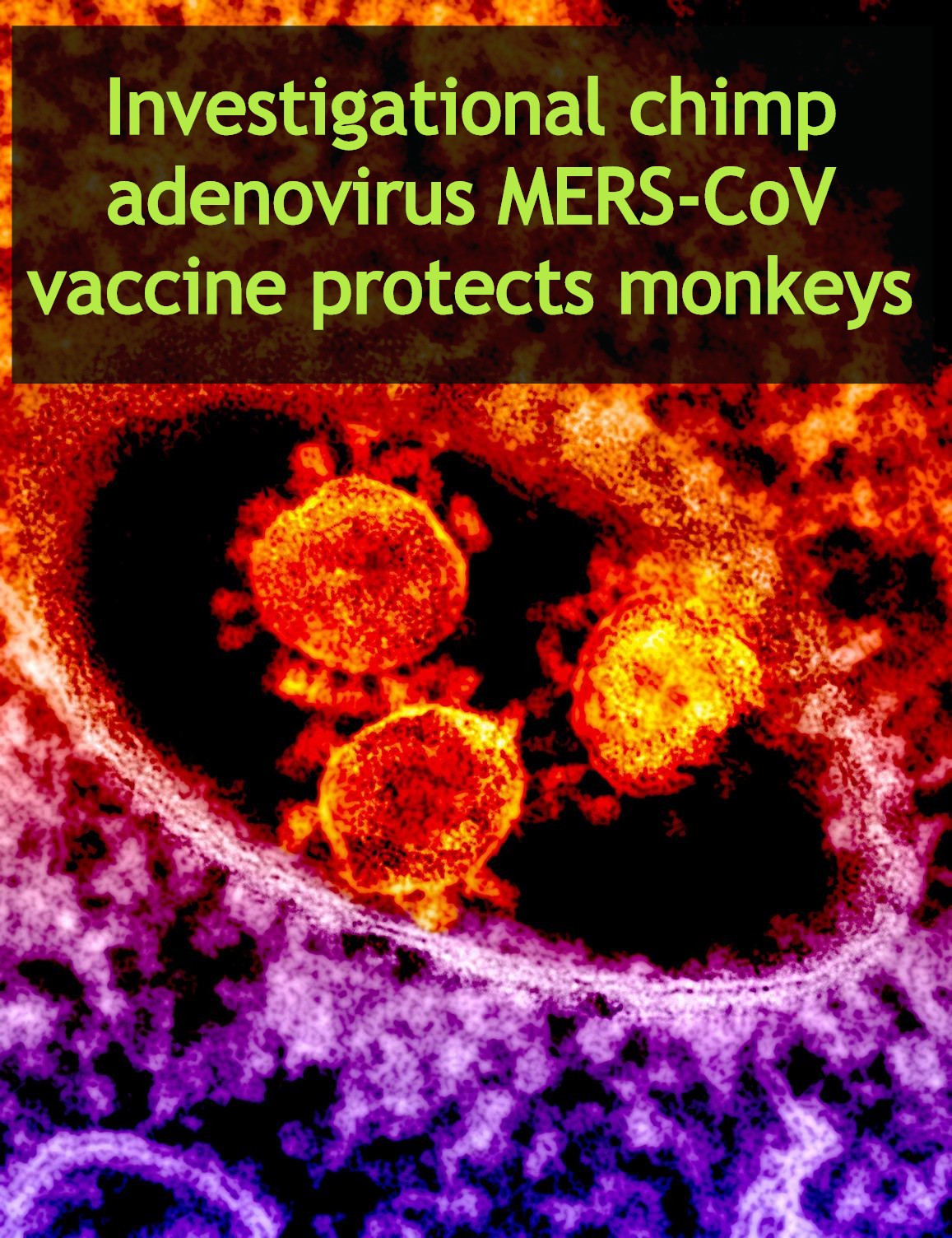
AIOCD strongly oppose the entry of Uber in medicine delivery in collaboration with MedLife, an E- Pharmacy which are still illegal according to law of our country. All India Organization of Chemists and Druggists, having 8.50 lakhs Members are working day and night in this crucial time for making drugs available to our citizens, amid risky Pandemic Corona outbreak.


